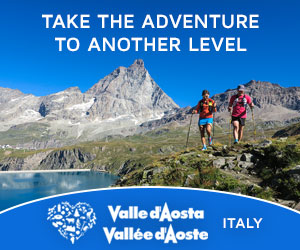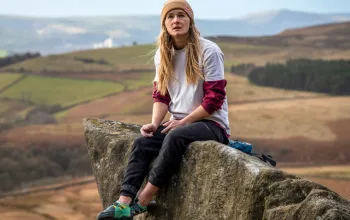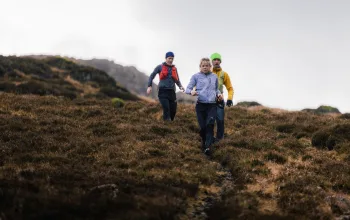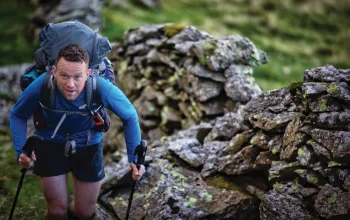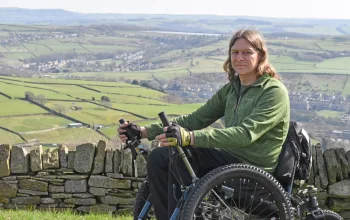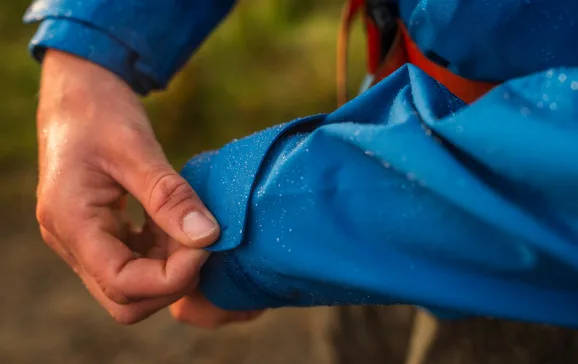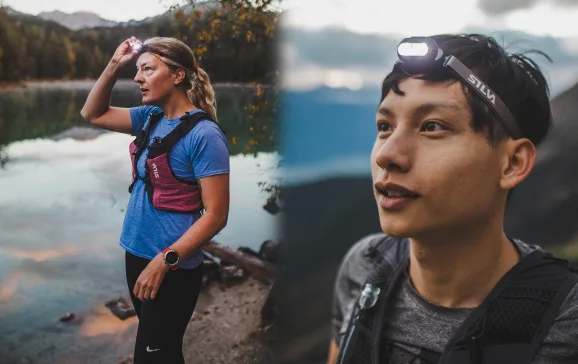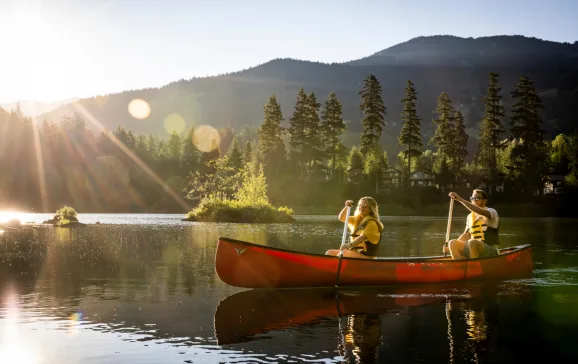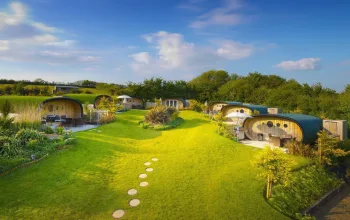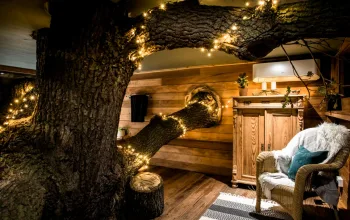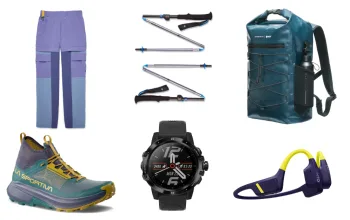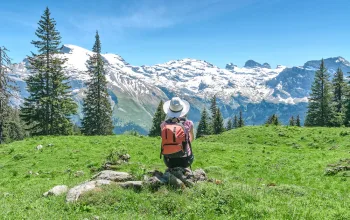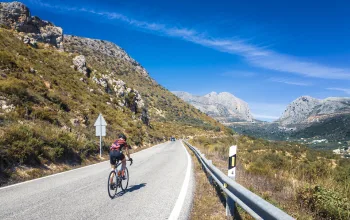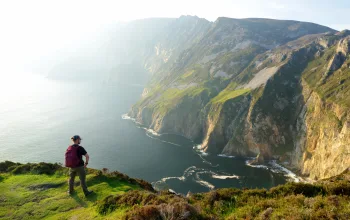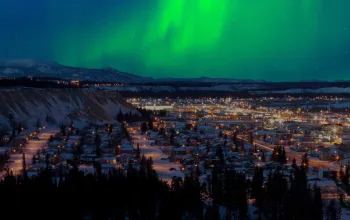Since becoming the first person to walk the length of the Amazon River in 2010, former army Captain Ed Stafford has carved out a successful career as a TV presenter. His self-filmed documentaries about survival in extreme environments have shown him perfecting an array of bushcraft skills, but more recently, he’s embarked on a different kind of learning experience: spending months living with homeless people on the streets, and with Gypsy Roma Travellers, for a series of insightful Channel Four programs. He’s also started teaching skills directly, as an ambassador for Camp Wilderness. We asked him what he’s learned from a life outdoors.
Active Traveller: You’ve made a career out of putting yourself in these extreme survival situations. What is it that you love about it?
Ed Stafford: I don’t think I’m in love with survival to be honest [laughs]. There was definitely a phase of my life where I wanted to challenge myself. So walking the amazon, then setting myself the challenge to survive on a desert island for 60 days, but that latter experience was horrific. What I do love is spending time outdoors. And I think over the years, I have developed an affinity for bushcraft.
AT: So it’s more about learning and perfecting the skills than the pure challenge of surviving these days?
ES: Well, I’m also not a bushcraft geek who loves the skills for their own sake - I like being outdoors because I think it’s a great wholesome environment in which you can learn a lot about yourself. How you deal with a situation, for example, and having to think on your feet. That’s the translatable stuff - it’s not necessarily preparing for Doomsday, it’s gathering the skills and the experience to make you a more rounded human being in general.
AT: Has becoming a father changed your calculus of risk?
ES: Undeniably, yeh. I was quite reckless. And as much as I don’t believe in completely changing what you do because you’ve got a family, I do think you have to shift. Would I walk the amazon again now? No. It would be a selfish thing to do, and I wouldn’t be a good father or a good husband. But equally, if I sold my soul and took a boring job, I wouldn’t be a good father either. You need to keep pushing yourself because it’s in those riskier situations where you learn more about yourself.
AT: In all your adventures, what’s the closest you’ve come to dying?
ES: I joined my wife [the adventurer Laura Bigham] for part of a bike ride she was doing across South America, and got hit by a juggernaut. As I was tumbling, I was like “this is a lottery. If I go under the tyres, I’m dead. If I stay on this side, then I’m alive.” I’ve been bombed by the Taliban, I’ve been held up at arrow-point by indigenous Indians, I’ve been held up at gun-point by drug traffikers... but yes, it was cycling with my wife when I thought I was actually going to die.
AT: People say you never feel more alive than in the moments after you’ve just escaped death. Would you agree with that?
ES: Yeah, I totally agree. Because we live in such a sanitised world, where you don’t have near-death experiences on a regular basis, they feel very visceral, and very exciting. It’s more like real life would have been in a hunter gatherer world, where you’re going outdoors and there are predators around. That feeling is addictive. There’s a book by Sebastien Junger called Tribe, where he suggests that people don’t get PTSD from warzones like Afghanistan just because they’re so traumatic. Part of it is that they don’t get proper support, but it’s also because when they’re in a warzone they have a mission, and purpose, and when they return everyday life seems meaningless in comparison. Having that kind of camaraderie, and that drive, in a visceral environment where you’re also risking your life becomes hard to give up.
AT: Where’s the place in the world where you feel most relaxed?
ES: I think around a fire, I probably wouldn’t limit it to a physical, geographical location. I’ve got indigenous Australian friends who hold fire as having huge significance. It’s where physical matter gets changed into gas, and they believe that change – of atoms going from a solid state to a gas state – makes it a space where you can get rid of your troubles and work stuff out.
AT: Your work with Camp Wilderness is about teaching these lessons to the next generation?
ES: Yes. Camp Wilderness that safe space where kids can learn the skills they need to spend more time outdoors - challenging themselves and learning about themselves. It’s exactly how I live my life, and how I chose to parent my kids, so I couldn’t be more of an advocate, I suppose.
Go ro campwilderness.co.uk for summer dates & bookings.
- READ NEXT: The Best Walking Trousers





